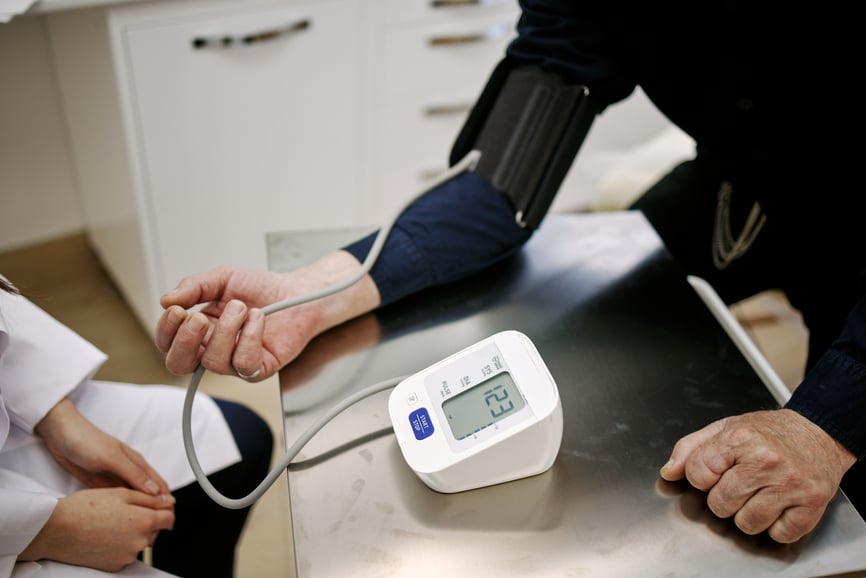Generative AI, when used in tandem with a doctor's expertise, can lead to improved patient care and medical outcomes. While the final call always rests in the hands of medical professionals, as the technology continues to develop, generative AI will serve as a potent and helpful tool.

Here’s how:
1. Looking for parallel/substitute medicines
Imagine a doctor is treating an elderly patient with a rare allergic reaction to a specific epilepsy drug. Finding a substitute could be challenging due to the patient's sensitivity and the complexity of his condition. The doctor could input the details of the patient's allergies and the required drug properties into an AI tool.
The AI, having been trained on extensive databases of pharmaceuticals and their properties, could suggest alternatives that could be equally effective while circumventing the allergic reactions. This quick response time would save crucial hours and allow healthcare personnel to adjust treatment plans effectively.
2. Checking treatment coverage by occupational health insurance
Healthcare personnel are often faced with queries about whether a patient's insurance will cover a specific treatment or procedure. An AI system could cross-reference patients’ insurance details with the database of covered treatments. This will save time that otherwise would be spent contacting the insurance company and waiting for their response.
3. Searching for a suitable diagnosis from the list of rare diseases
Imagine there is a patient with an unusual constellation of symptoms that makes diagnoses tricky. Using a generative AI system, doctors could input the symptoms and the AI could cross-reference these symptoms with a vast database of rare diseases. The AI could then suggest the disorder, potentially saving weeks or even months of testing.
4. Going through X-rays and MRIs in case of deviations
AI will also be useful when analyzing X-rays and MRIs. An AI system, having been trained on countless MRIs, could identify any deviations from the norm. This kind of early detection is critical to facilitate immediate intervention and improve a patient's prognosis.
5. Streamlining patient record documentation
By recording doctor-patient meetings and employing AI to summarize the transcript into a structured report format, doctors can revolutionize the way patient records are documented. This not only enhances the accuracy and efficiency of record-keeping but also allows doctors to focus more on patient interaction during appointments.
It's important to understand that existing AI tools are still a work in progress. Generative AI has a tendency to make up information and struggles with large amounts of data. But as these problems are solved, the transformational nature of generative AI is clear.

Jonne Sjöholm,
Alum


